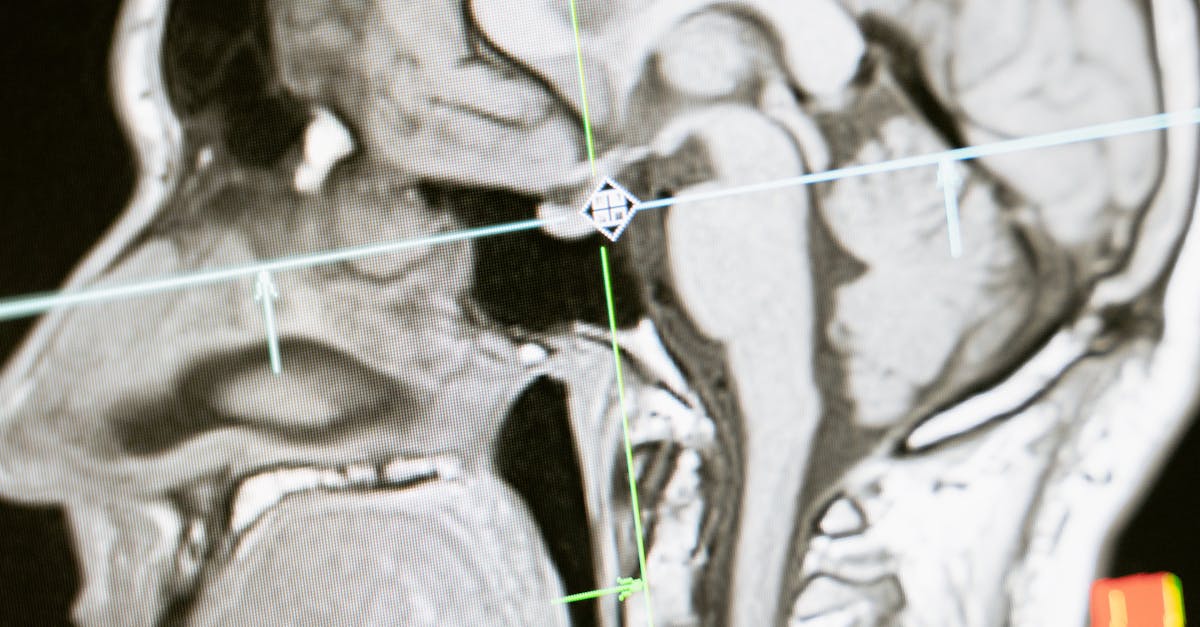Meditation has transcended its historical roots as an ancient spiritual practice to become a popular approach for enhancing mental well-being in today’s fast-paced world. With mounting evidence from neuroimaging studies, many are curious about how meditation affects your brain and what science can tell us about its transformative power. In this blog post, we delve into the neuroscience of meditation, exploring how it impacts brain structure and function while also providing practical insights on how you can incorporate this practice into your daily life.
The Neuroscience Behind Meditation
Meditation, in various forms, is believed to change the brain’s structure and function, leading to numerous cognitive and emotional benefits. Understanding these effects requires a basic knowledge of how our brain operates:
- Cerebral Cortex: The outer layer of the brain involved in complex functions such as thought, emotion regulation, and sensory perception.
- Hippocampus: Critical for memory formation and emotional regulation, often associated with learning.
- Amygdala: The center of the brain that manages stress and emotional responses, particularly associated with fear.
Structural Changes
Research indicates that consistent meditation practice can lead to structural changes in these key areas of the brain:
- Increased Grey Matter: Studies show that meditation can increase grey matter density in regions related to memory, sense of self, and empathy, such as the prefrontal cortex and hippocampus.
- Amid Reductions: Regular meditators often experience a reduction in the size of the amygdala, resulting in lower stress response and enhanced emotional resilience.
Functional Changes
Beyond structural changes, meditation affects how the brain functions:
- Enhanced Attention: Meditation improves focus by increasing the thickness of the cortical regions involved in attention, which can help reduce distractions.
- Heightened Emotional Regulation: Functional MRI studies reveal that meditation can enhance activity in brain regions associated with regulating emotional responses.
- Improved Connectivity: Mindfulness practices have shown to improve connectivity between brain regions, promoting better communication and efficiency in emotional and cognitive functions.
The Benefits of Meditation on Mental Health
The positive impacts of meditation on brain function have profound implications for mental health:
- Reduction in Anxiety: Meditation practices such as mindfulness and loving-kindness can help alleviate symptoms of anxiety, leading to a calmer mind.
- Decreased Symptoms of Depression: Regular meditation is associated with lower levels of depressive symptoms, making it a viable option for those struggling with mental health issues.
- Enhanced Emotional Well-being: Increased self-awareness and reduced negative emotions are common outcomes, fostering a healthier emotional life.
Practical Tips for Incorporating Meditation
If you’re eager to harness the benefits of meditation, here are some practical tips to help you get started:
- Start Small: Begin with just five minutes a day, gradually increasing the duration as you become more comfortable with the practice.
- Choose a Quiet Space: Designate a quiet area free from distractions to enhance your focus during meditation.
- Focus on Your Breath: Concentrate on your breathing to ground your thoughts, allowing you to maintain present-moment awareness.
- Explore Different Techniques: Experiment with various meditation styles, such as mindfulness, transcendental, or guided meditation, to find what resonates best with you.
For guided meditation resources, platforms like Headspace and Calm offer various tools to support your meditation journey.
Conclusion
The science of meditation reveals its remarkable capacity to reshape our brains and enhance our mental health. From increased grey matter to improved emotional resilience, the benefits are profound and far-reaching. As you embark on or continue your meditation journey, remember that consistency is key. Embrace the practice, and in time, you may discover a more peaceful, focused, and fulfilling life. So, why not start today?

Leave a Reply